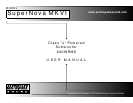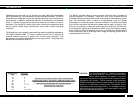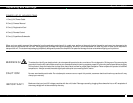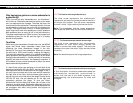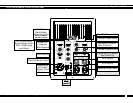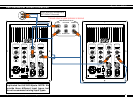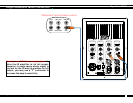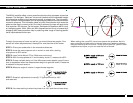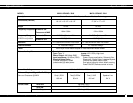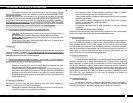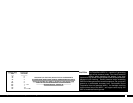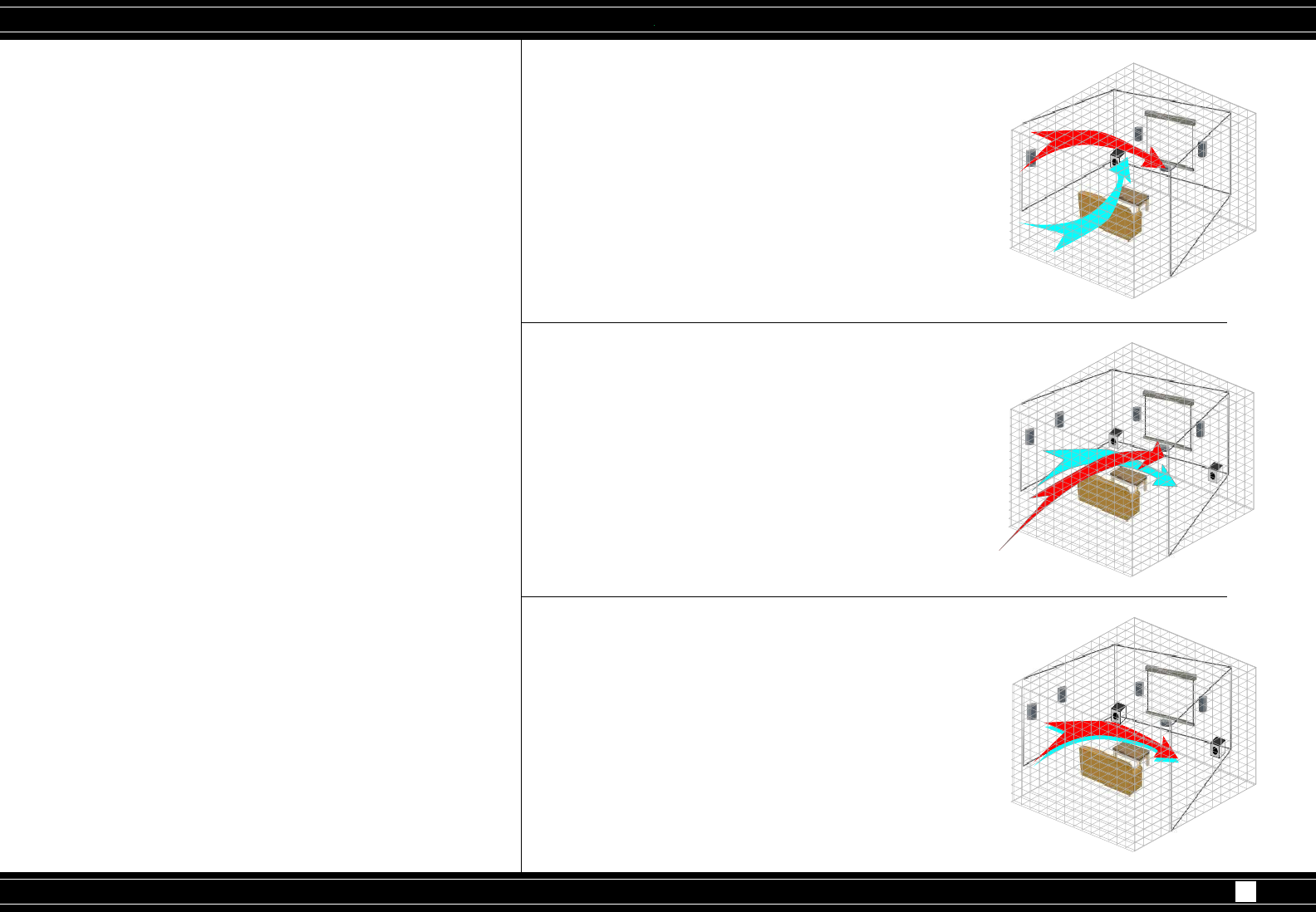
Subwoofer Placement Guide
Why having two gains on a mono subwoofer is
a good thing?
Often you hear the term “subwoofers are non-directional”;
this is not true. Subwoofer placement is harder to pick when
two low frequencies are crossed. The wider the room, the
more directional the subwoofer. The easiest solution is to use
two subwoofers in the front: one on the left and a second on
the right. The signal to both is mono. In some applications,
users might have small front speakers or planar speakers.
Both speakers have an early roll off in the sub-harmonics.
The planar needs help from 150Hz on down, having two front
subwoofers placed on the left and the right is a healthy
solution to this problem.
Two Subs
While having two subwoofers is better than one, the MONO
signal that drives these subwoofer keeps them from
projecting the three dimensional images in the sub-
harmonics. The use of two subwoofers allows you to cross
the subs up to 150Hz sound quality, imaging and staging.
The two-front-subwoofer-system is an excellent solution to
planar speaker’s low frequency response early roll off. When
locating these subwoofers in a close proximity to the stereo
satellite, the subs will enhance low frequency extension. It
will be better to have a stereo subwoofer to help in the lower
bass notes and their placement.
If a bass Guitar player was standing on the left side of the
stage and he played an EE note (42Hz), then the right sub will
also respond to that and create havoc on the stage. In fact, if
you only have one single sub in the room and it’s placed on
the right side of the room, while the bass guitar player is
playing his music on the left side of the stage. As soon as he
hits the EE note, the sub speaks out on the right and
completely destroys the stage. To give you three-
dimensional front-end bass that allows you to have a low
frequency dynamic stage, Earthquake designed dual input
circuits that use buffers to maintain your stereo separation on
the processor side while mixing stereo front signals to
produce 3D bass.
The blue arrow represents the sub-harmonic
frequencies as they move always toward the
middle in a mono-two-subs- system. The red arrow
represent the lows+ the mids+ highs as they follow
the action,
Note: the breakaway and the image separation.
BETTER / This illustration shows dual subwoofer with mono signal
4
In this illustration, the stereo subwoofers keep the
sub-harmonics dynamically synchronized in
motion with the rest of the audio systems. Fully
complementing the sub-harmonics for mids and
the highs
BEST / This illustration shows dual subwoofers with stereo+mono signals
GOOD / This illustration shows a single subwoofer setup
The blue arrow represents the subharmonic
frequencies as they move always toward the sub in
the single sub system. The red arrow represents
the lows + mids + highs as they follow the action.
Note: The breakaway and the image separation.
best response when blue and the red are identical.
Specifications Are Subject To Change Without Notice
SuperNova MKVI



